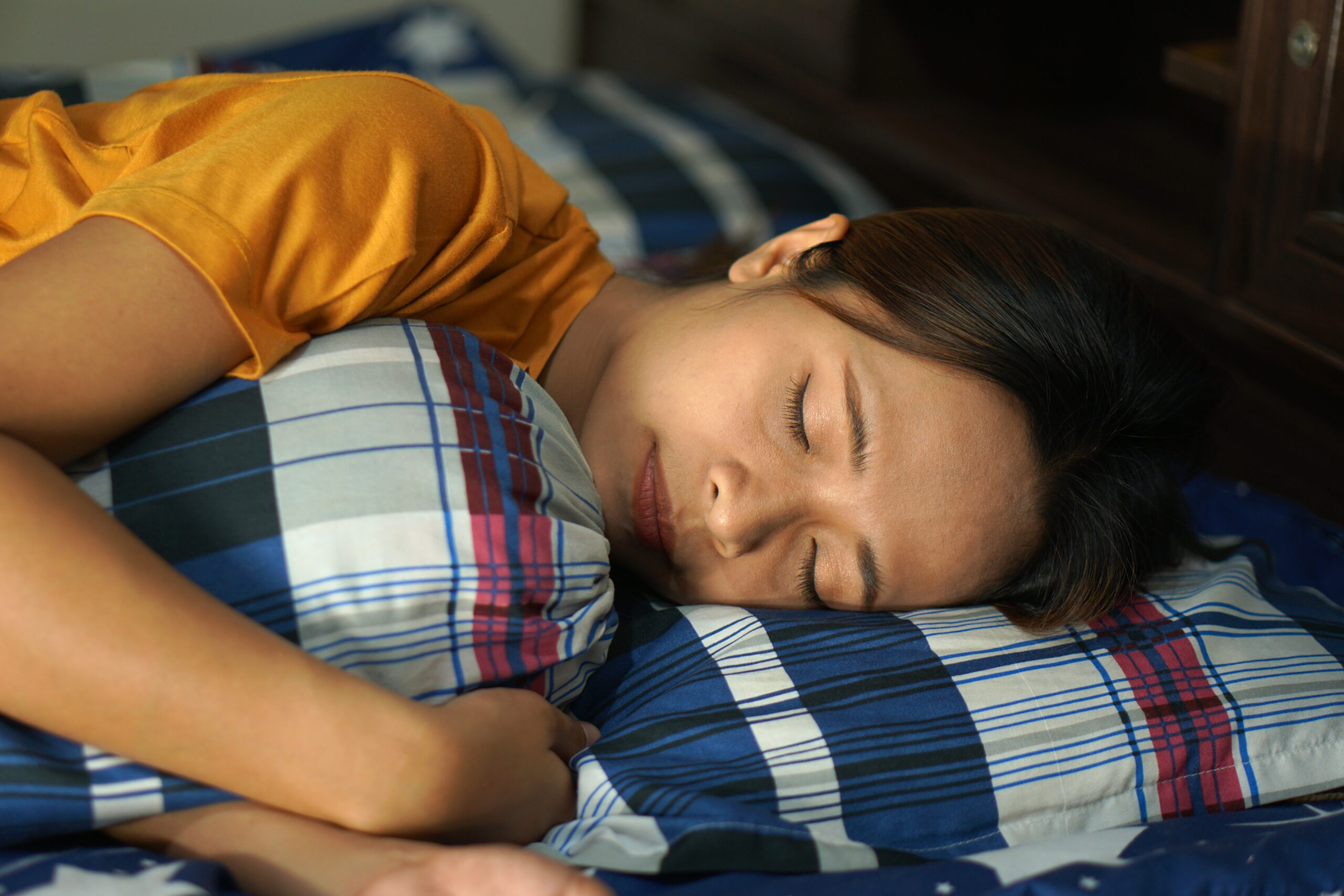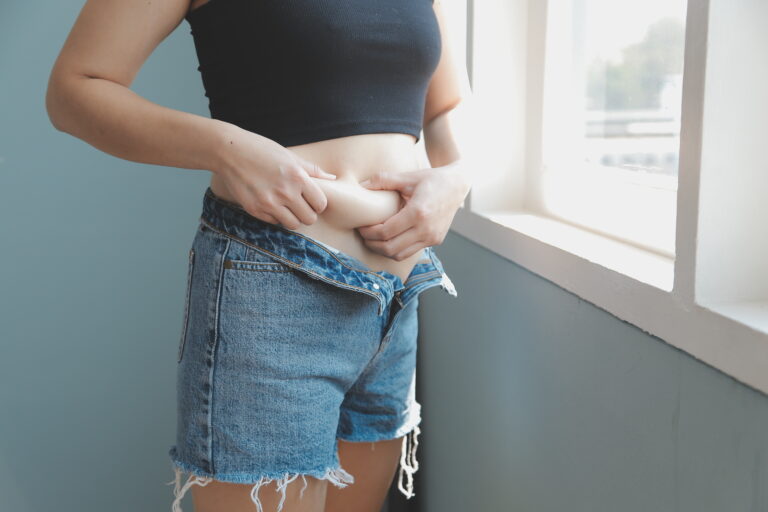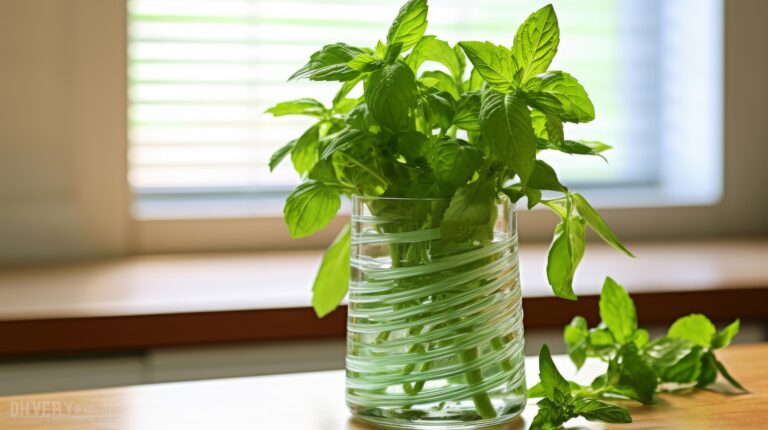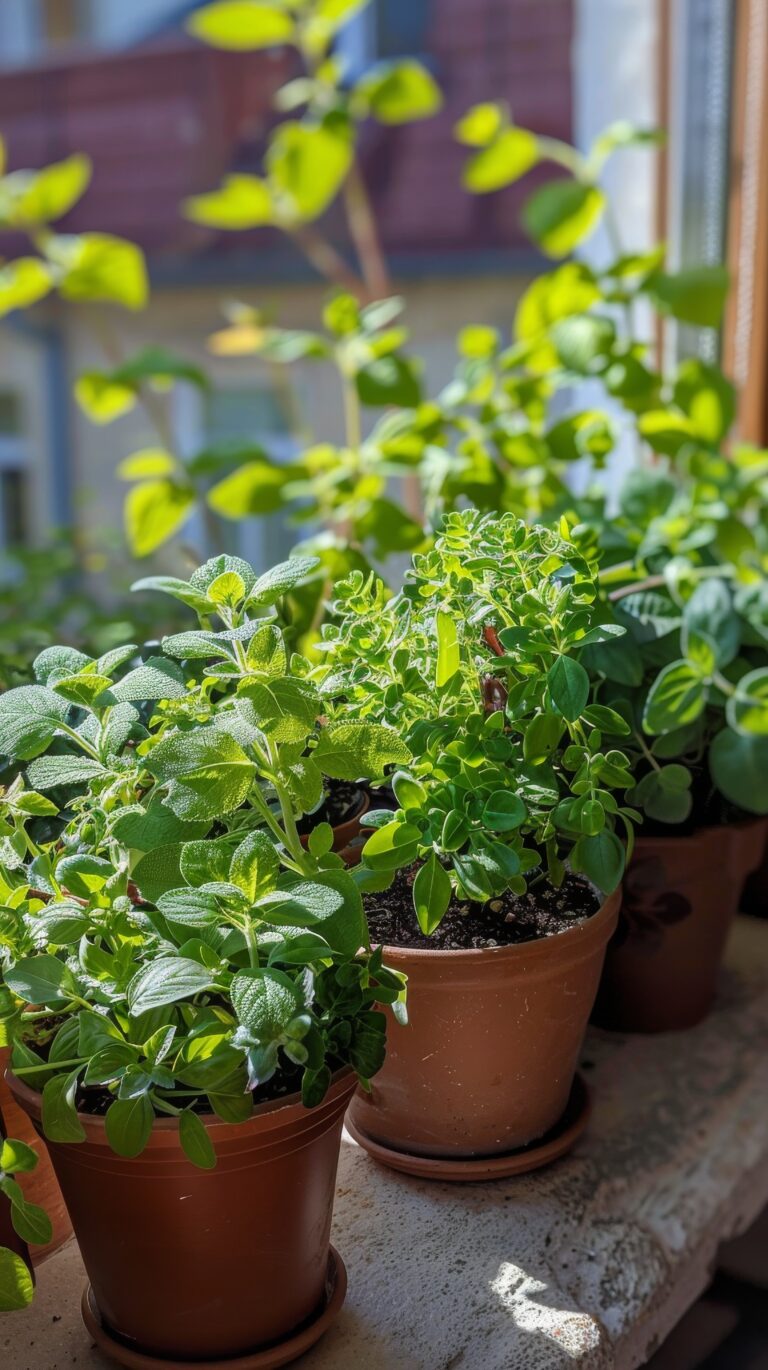Frequent Drooling While Sleeping?
Frequent Drooling While Sleeping? Don’t Ignore These 6 Possible Health Issues
Waking up to a wet pillow may seem harmless—or even a little funny—but frequent drooling during sleep can sometimes point to underlying health concerns. While an occasional dribble is nothing to worry about, consistently waking up with saliva on your pillow might be your body’s way of signaling something more serious.
Let’s explore the most common causes of excessive drooling and the potential health conditions linked to this often-overlooked symptom.
—
What Causes Drooling in Sleep?
Drooling, or sialorrhea, occurs when saliva escapes the mouth—usually due to a combination of sleeping position, mouth breathing, and reduced swallowing reflex during deep sleep. While it’s common in children and even in adults occasionally, chronic drooling could be a warning sign.
—
1. 😴 Sleep Apnea
Primary keyword: sleep apnea and drooling
One of the most serious reasons for frequent drooling is obstructive sleep apnea (OSA). This condition causes breathing to repeatedly stop and start during sleep, leading to mouth breathing, snoring, and sometimes drooling. People with sleep apnea often feel tired despite a full night’s rest.
Watch for: Loud snoring, choking during sleep, fatigue during the day.
—
2. 🧠 Neurological Disorders
Primary keyword: neurological conditions and excessive drooling
Conditions like Parkinson’s disease, ALS, stroke, or cerebral palsy can interfere with muscle control and the ability to swallow properly, resulting in uncontrolled drooling, especially at night.
Watch for: Muscle weakness, tremors, difficulty swallowing or speaking.
—
3. 😷 Sinus or Allergic Infections
Primary keyword: nasal congestion drooling at night
When your nose is blocked due to sinusitis, allergies, or a cold, you’re forced to breathe through your mouth while sleeping—making drooling more likely. Postnasal drip can also cause an increase in saliva production.
Watch for: Stuffy nose, facial pressure, sneezing, or sore throat.
—
4. 🦷 Gastroesophageal Reflux Disease (GERD)
Primary keyword: GERD and nighttime drooling
GERD causes stomach acid to flow back into the esophagus, irritating the throat and increasing saliva production as the body tries to neutralize the acid. This can lead to drooling, especially if you sleep on your back or side.
Watch for: Heartburn, sour taste, chronic cough, or throat clearing.
—
5. 🧬 Tonsillitis or Enlarged Tonsils
Primary keyword: enlarged tonsils and sleep drooling
Swollen tonsils can partially block the airway, leading to mouth breathing and drooling, particularly in children. If accompanied by snoring or interrupted sleep, it could be a sign of a larger issue like pediatric sleep apnea.
Watch for: Sore throat, difficulty swallowing, frequent throat infections.
—
6. 💊 Side Effects of Medications
Primary keyword: medications that cause excessive saliva
Certain medications—especially those for psychiatric conditions, Alzheimer’s, or Parkinson’s—can increase saliva production or relax muscles responsible for swallowing.
Watch for: New prescriptions, or if symptoms started after changing meds.
—
When Should You Be Concerned?
Occasional drooling isn’t a problem. But if you experience frequent or excessive drooling while sleeping, and it’s accompanied by symptoms like fatigue, snoring, or difficulty breathing/swallowing, it’s best to speak with a healthcare provider.
—
Tips to Reduce Nighttime Drooling
Change sleeping position: Try sleeping on your back to reduce mouth opening.
Use a nasal spray or decongestant if congestion is the culprit.
Maintain good oral hygiene and treat infections promptly.
Avoid heavy meals before bed to reduce GERD symptoms.
Talk to your doctor if you’re on medications or have a chronic condition.
—
Final Thoughts: Don’t Ignore the Signs
Frequent drooling at night might seem like a minor inconvenience, but it can be a red flag for deeper health issues. From sleep apnea to neurological conditions, your body could be asking for help in subtle ways.
Listen to the signs. Don’t take this issue lightly—especially if it happens often. Identifying the root cause early can make a world of difference in your sleep quality and overall health.
—
Targeted Keywords Included:
drooling while sleeping causes, sleep apnea and drooling, neurological disorders and drooling, nasal congestion at night, GERD and nighttime saliva, excessive drooling in adults, how to stop drooling at night







